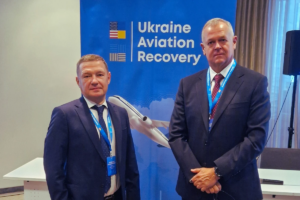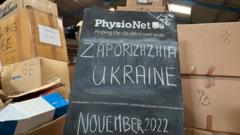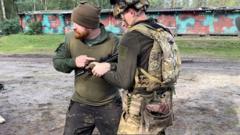Latest news for today in Ukraine
“The United States has determined that in 2019, the Russian Federation continued to be in violation of its obligations under Articles I, IV, and VI of the INF Treaty not to possess, produce, or flight-test a ground-launched cruise missile with a range capability of 500 kilometers to 5,500 kilometers, or to possess or produce launchers of such missiles,” reads the executive summary of findings on adherence to and compliance with arms control, nonproliferation, and disarmament agreements and commitments, drawn up by the U.S. Department of State, according to Guildhall.
The Russian GLCM in question is the SSC-8 SCREWDRIVER, which the United States assesses to be designated by Russia as the 9M729, according to the report.
Read alsoThink tank: La Stampa’s findings on intel-gathering nature of Russian “aid” mission in Italy confirmed
The U.S. also assesses that Russia has conducted nuclear weapons-related experiments that have created nuclear yield, which raises compliance concerns with Russia’s obligations under the Treaty on the Limitation of Underground Nuclear Weapon Tests.
At the same time, the U.S. believes Russia continues to develop chemical weapons, concealing data on CW stocks.
“The United States certifies that Russia is in non-compliance with the CWC [Chemical Weapons Convention] for its use of a military grade nerve agent on March 4, 2018 in an assassination attempt on UK soil,” the report reads, referring to a poisoning of former GRU spy Yuriy Skripal and his daughter.
“This attack indicates Russian retains an undeclared chemical weapons program,” the summary reads.
Neither can the United States certify that Russia has met its obligations for complete declarations of its CW production facilities, CW development facilities; and CW stockpiles. Furthermore, the United States has concerns that Russia’s pharmaceutical-based agents program is for offensive purposes.
Available information does not allow the United States to conclude that the Russian Federation has fulfilled its obligation under Article II of the Convention on the Prohibition of the Development, Production and Stockpiling of Bacteriological (Biological) and Toxin Weapons and on their Destruction (BWC) to destroy or to divert to peaceful purposes bacteriological weapons items specified under Article I of its past BW program.
Historically, the issue of compliance by Russia with the BWC has been of concern for many years. Though the assessments have changed over time, as noted in the 2005 report, the United States assessed that Russia maintained an offensive BW program in violation of Article I of the Convention. The United States continues to have concerns about Russian activities.



